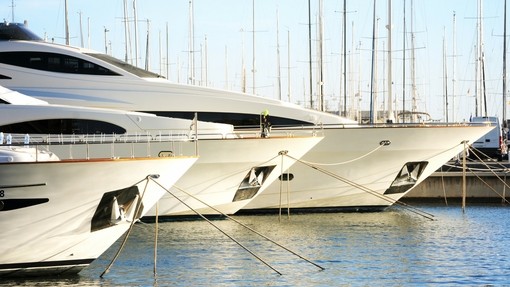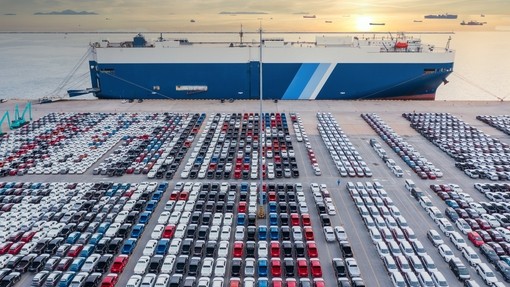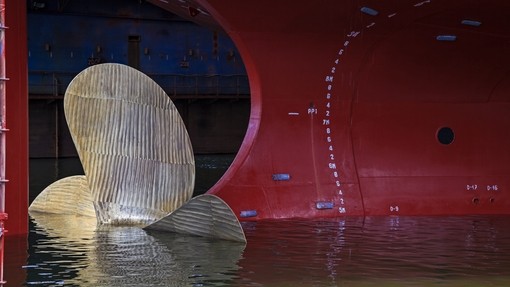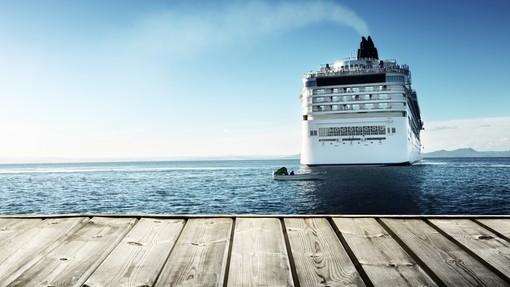Admiralty Court maintains jurisdiction over limitation proceedings
Zurich Insurance Company Ltd (trading as Navigators and General) & others -v- Halcyon Yacht Charter LLP & another (Big Kahuna) [2024] EWHC 937 (Admty)
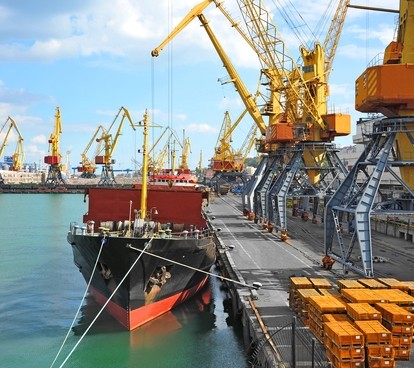
Admiralty Court maintains jurisdiction over limitation proceedings
Admiralty Court maintains jurisdiction over limitation proceedings
Zurich Insurance Company Ltd (trading as Navigators and General) & others -v- Halcyon Yacht Charter LLP & another (Big Kahuna) [2024] EWHC 937 (Admty)
The English Admiralty Court has provided a salutary reminder that a limitation claim arising out of a casualty is separate to, and independent of, any substantive underlying claims. Therefore, the limitation claim need not be brought in the same forum as the substantive claims and it is indeed common for the limitation claim and the underlying claims to be tried (or arbitrated) separately in different jurisdictions.
In circumstances in which the Convention on Limitation of Liability for Maritime Claims 1976 (the Convention) does not contain express jurisdictional provisions, a claimant that commences limitation proceedings in a jurisdiction that is more advantageous in terms of applicable limits cannot be accused of forum shopping.
The Convention
The Convention allows a shipowner to limit their liability in respect of certain claims. This is generally achieved by the shipowner either constituting a limitation fund in a state that has ratified the Convention or pleading limitation as a defence to a claim.
As the Convention allows a shipowner to choose their domiciliary court as the forum in which to set up the limitation fund and establish their right to limit liability, the shipowner may legitimately consider any juridical advantage in deciding where to constitute the fund. The defendant may then seek to challenge the chosen jurisdiction on the grounds that it is not the appropriate forum for the limitation claim (forum non conveniens). To do so successfully, it will have to demonstrate that another jurisdiction is clearly the more appropriate and natural forum.
The background facts
On 7 September 2022, a fire broke out aboard the yacht BIG KAHUNA whilst she was at a marina in Corfu, Greece. BIG KAHUNA had an English owner (although Greek domiciled) and English insurers.
The fire spread to three other vessels, including the HALYCON, a 95-foot classic wooden ketch that was owned by a Welsh company.
On 15 November 2022, the BIG KAHUNA ship interests commenced limitation proceedings in the English Admiralty Court pursuant to the provisions of the Convention, as incorporated into English law. The only named defendant was the owner of the HALCYON, although the claim was also expressed to be as against all other parties claiming to have suffered loss or damage as a result of the fire. This is not unusual and the owner of the HALCYON was in effect the anchor defendant for these purposes.
On 14 December 2022, the owner of the HALCYON sought a stay of the English limitation proceedings on the ground that Greece was the more appropriate forum for the limitation claim. On 14 December 2023, it commenced proceedings in the Greek courts in respect of the substantive claims as against the owner of the BIG KAHUNA.
Putting the stay application in context, the limitation amount in Greece would be three times that in England. In England, the owner of the BIG KAHUNA would be able to limit their liability to 500,000 SDR (about £530,000) whilst in Greece (under the limitation regime then applicable – the two regimes have since equalised) the limitation amount would be about £1.6m.
Natural or appropriate forum
Among the factors relied on by the owner of the HALCYON to establish that Greece was clearly the more appropriate forum for the limitation claim were that:
- Greece was an available forum;
- The tort was committed in Greece and Greek domestic law would apply to liability.
- The relevant witnesses (such as marina staff and crew members) were based in Greece and the relevant documentation would likely be in Greek;
- An English limitation decree might not be accepted by the Greek courts and claims other than those brought by the owner of the HALCYON were likely to be brought in Greece given the higher applicable limitation amount;
- The natural and appropriate forum for any Article 4 response to the limitation claim (i.e. that “the loss resulted from [the person seeking to limit’s] personal act or omission, committed with the intent to cause such loss, or recklessly and with knowledge that such loss would probably result”) was Greece, as the domicile of the owner of the BIG KAHUNA; and
- The claimants were forum shopping, which was unfair to the other vessel owners that were not UK-based.
The Admiralty Court decision
The Court declined to order a stay of its proceedings.
While the natural forum for the underlying liability claims was Greece, limitation claims are distinct, and generally consist of the following two issues:
- The amount of the limitation fund (an arithmetical calculation); and
- An Article 4 defence.
The amount of the limitation fund in this case was not controversial and did not give rise to a dispute. Further, as there was no evidence that any party was going to raise an Article 4 defence, the Court did not need to decide whether England or Greece would be the natural and appropriate forum for addressing that defence.
The Court highlighted that it is common for limitation claims to be tried separately and in separate jurisdictions to the underlying claims. If the proper forum for a limitation claim were to default to the jurisdiction of the tort, then a defendant could always trump a claimant’s choice of forum in respect of limitation. This was not what the limitation regime intended.
Furthermore, only one of the potential claiming parties against the fund was Greek, namely the marina, while the others represented a variety of different nationalities and flags. The owner of the BIG KAHUNA and its insurers were English companies and the owner of the HALCYON was Welsh. On that basis, there was no sufficient reason to prevent the shipowner choosing its domiciliary court as the forum to set up a limitation fund.
As to any possibility that the Greek Court might not recognise the English Court’s limitation decree, even if this were the case, that could not deter the English Court from proceeding with a limitation decree in this jurisdiction and it could not be a basis on which to conclude that Greece was the more appropriate forum for establishing the limitation fund.
In terms of justice being done, it could not be said that the limitation regime was more or less just in either England or Greece. The higher limitation amount in Greece was not an adequate basis on which to grant a stay, particularly as it could not be said that substantial justice was not available in England.
Comment
In order to successfully argue forum non conveniens in limitation cases, the defendant will have to demonstrate much more than that there is another available forum or that the claimant will otherwise gain a juridical advantage. Nonetheless, where it is possible to demonstrate that substantial justice cannot be achieved in the chosen forum, then a stay may be granted. Query, however, whether the English Admiralty Court will ever conclude that there will be substantial injustice if it deals with the limitation claim.
One option to avoid any potential uncertainty may be for the parties to agree on jurisdiction, both for substantive and limitation claims, once a casualty has taken place.
For further details on our marine expertise, please contact us or a member of our marine team.

